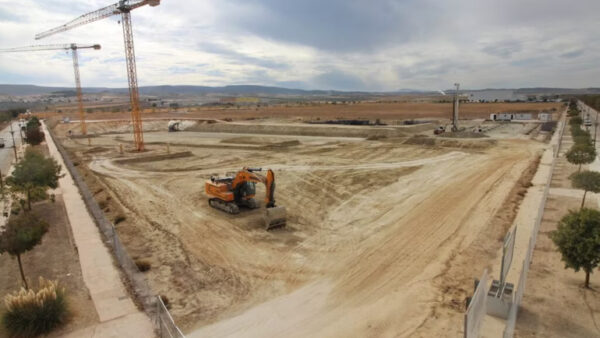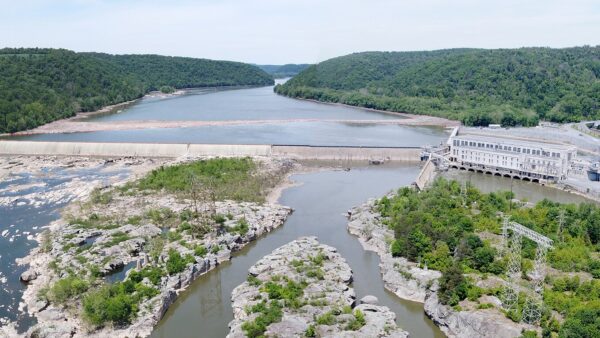A survey into the do-it-yourself (DIY) skills of the UK population has found that most people do not feel confident in tackling relatively simple tasks such as changing a plug, fixing a leaking tap or hanging wallpaper.
The survey of 1,483 adults, commissioned by home fuel supplier Emo Oil, revealed that 77% of adults do not feel confident when tackling DIY tasks, and 52% seek professional help before attempting them.
This is true despite the existence of large numbers of instructional videos on the internet that walk the viewer through most home maintenance procedures in in a step-by-step fashion. On the other hand, anybody who has tried to find PTFE plumbing tape in the average DIY superstore knows that there are some things that videos cannot teach.
There are also some people who either can’t, or can’t be bothered, to tackle any DIY task at all: 13% said painting a wall presented insuperable obstacles. As a result, some 36% have a local handyman on speed dial.
Other jobs, such as hanging wallpaper, do not present many theoretical difficulties, but require a reasonable degree of manual skill and experience to do well.
While the lack of practical skills in the population may be worrying, calling in the handyman may be the right thing to do. Previous surveys of the UK’s DIY skillset in have found that tackling DIY tasks without sufficient experience costs households a combined £3bn a year.
Suzanne Waddell, marketing manager at Emo Oil, commented: “There are some DIY jobs that are best left to the professionals, but there are other simple tasks that individuals could save money on by doing these themselves. Once they have the know-how, they realise how much easier it makes life and they can get to work on the task at hand, rather than waiting for a professional to step in.”
The 9 most difficult DIY jobs, according to respondents, were as follows:
- Fixing a leaking tap – 67%
- Changing a plug – 59%
- Hanging wallpaper – 47%
- Sealing doors and windows – 44%
- Unblocking a sink – 38%
- Changing a bulb – 27%
- Hanging pictures and mirrors – 21%
- Assembling flat pack furniture – 16%
- Painting walls and furniture – 13%
Image: Help! (Sunshine Coast Plumbers)
Comments
Comments are closed.







The surprise is that a third can. Respect
I’d imagine there’s lots of reasons why the ‘average’ person can’t fix stuff. Some others not documented are, for example, that the washers on many new taps are either ‘hard compound’ (and not the traditional softer rubber washers often found more readily on sale) or maybe even ceramic disks.
Both newer ways of creating a water seal aren’t entirely free from failure (although they were perhaps introduced to make repair less frequent) but the kit to fix them is hard to find and some taps simply don’t come apart anyway (or if they do it’s highly mysterious as to how).
Replacing a whole tap is often the answer and this is a more complex, often access compromised job.
Similarly appliances have been shipped with moulded on plugs for (I’m guessing) the last 30 years or so.
So the need to change a plug is far, far less frequent (compared with when the appliance shipped with bare-ended conductor and you had to fit a separate plug yourself).
Wallpaper can indeed be tricky stuff and I’ve known experienced decorators make a pig’s ear of it. It depends a bit on the paper, the prep, time and a certain amount of ‘knack’ to it.
I’ve comprehensively renovated four or five properties and still shy away from paper hanging.
Point is that actually (as with many other aspects of life) those who design, legislate, manufacture and in various ways ‘determine’ our surroundings and the stuff we have in our homes generally don’t want us to fix them.
They want us to buy new (but not to clog up landfill with the ‘old’ item replaced of course).
RoSPA don’t want householders tampering with electrical things because it can be dangerous.
Various water councils and supply companies want dripping taps fixed to conserve water but equally fear those ‘tampering’ with fittings might compromise supply quality (hence multifarious no-return valves and over-specification of barrier supply pipe).
So, those with responsibilities to provide defer future responsibilities to maintain only to those who they believe suitably qualified to do so.
We have less time to learn how to fix stuff for ourselves because we’re having to work more and more to pay for the regulating of those considered safe enough to repair and maintain our property.
One the one hand it’s a vicious circle of job creation and wealth distribution. On the other it’s encouragement for each of us to just ‘do our job/trade/skill/profession’ (and not a lot else).
I feel quite rebellious now, as I happily pile into the internal of my gas boiler which keeps locking out.
Due to cheaper products on the market it is hardly worth fixing a failed washer on a tap. For example a colleague owns a rental property where the kitchen tap was leaking. It was an Ikea tap and had been in the property since 1999 (i.e. 19 years). He spoke to a plumber who told him that the cost for a call out was £90/hour. The same tap is still available at Ikea at £29/each. This is a third of the cost of the plumber for an hour. Economics suggests that rather than waste time taking the tap apart and then possibly discovering that it is irreparable, it would be more cost efficient to replace the whole tap with a greater deal of cost certainty.
Fortunately my father taught me to do basics like this but I concur that most people don’t know how to do simple maintenance works of basic products. I will teach my own Children how to do similar repairs but they will be the exception as most Children won’t know how to do basic repairs when they are adults.